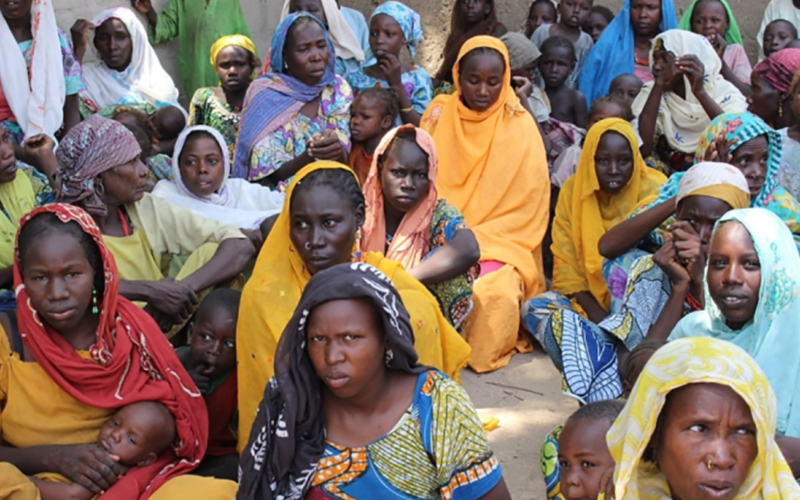The United Nations (UN) has issued a stark warning concerning the diminishing availability of food aid for Sudanese refugees residing in Chad. This article explores the implications of the UN’s alert, the challenges faced by Sudanese refugees in Chad, and the urgent need for international assistance to address the growing humanitarian crisis.
The United Nations has sounded the alarm over the dwindling supply of food aid for Sudanese refugees seeking sanctuary in Chad. This urgent warning highlights the precarious situation faced by the refugee population and underscores the pressing need for swift and effective humanitarian intervention to avert a potential crisis.
Sudanese refugees in Chad confront multifaceted challenges, including displacement, food insecurity, and limited access to essential resources. The UN’s acknowledgment of depleting food aid amplifies concerns about the living conditions of these refugees, many of whom have fled conflict and instability in their home country. The challenges are compounded by the strain on local resources and infrastructure to support the influx of refugees.
The warning issued by the UN serves as a poignant reminder of the imminent humanitarian crisis looming over Sudanese refugees in Chad. With food aid running out, there is a heightened risk of malnutrition, hunger, and deteriorating health conditions among the vulnerable refugee population. Urgent action is imperative to prevent further suffering and address the basic needs of those already grappling with displacement and instability.
Addressing the humanitarian crisis faced by Sudanese refugees in Chad necessitates a concerted effort from the international community. Collaborative initiatives involving humanitarian organizations, donor nations, and relevant stakeholders are crucial to ensure the delivery of essential aid, including food, clean water, and medical assistance. The UN’s appeal underscores the importance of global solidarity in the face of such pressing challenges.
As the host country for a significant number of Sudanese refugees, Chad plays a pivotal role in managing the impact of the crisis. However, the strain on Chad’s resources and infrastructure poses challenges in adequately meeting the needs of the refugee population. International support is essential to bolster Chad’s capacity to address the humanitarian fallout and provide sustainable solutions for the welfare of refugees.
The root cause of the current crisis lies in the conflict and instability that forced Sudanese refugees to seek safety in Chad. The impact of conflict on food security is profound, exacerbating vulnerabilities and creating a precarious environment for displaced populations. Resolving the broader regional issues contributing to displacement is crucial for addressing the immediate food aid shortage and preventing future crises.
The UN’s warning serves as a call to action, emphasizing the urgency of addressing the impending humanitarian crisis for Sudanese refugees in Chad. Immediate and sustained efforts are required to replenish food aid, enhance infrastructure, and provide comprehensive support for the refugee population. The international community must act swiftly to prevent further suffering and uphold the principles of humanitarian assistance.
The UN’s alert about depleting food aid for Sudanese refugees in Chad underscores the severity of the humanitarian crisis facing this vulnerable population. As the international community grapples with numerous challenges, addressing the urgent needs of displaced individuals requires collaborative and swift action. The situation highlights the interconnectedness of global affairs and the collective responsibility to respond compassionately to crises that impact the lives of those in dire need.








